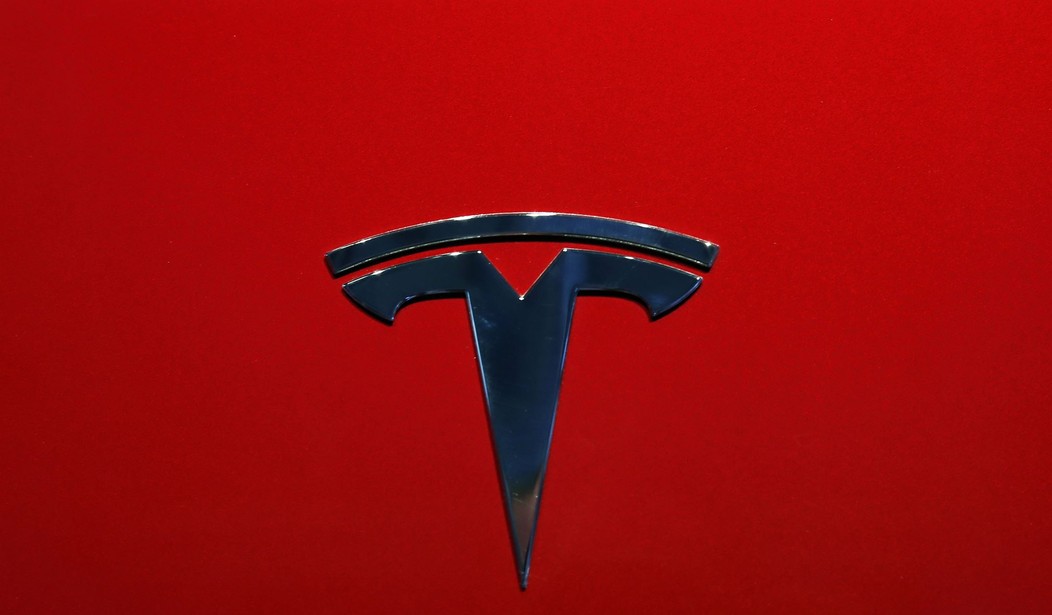For Christmas, one of my kids bought me the book “Elon Musk" by Walter Isaacson. It’s a thick tome with lots of pages and chapters and short sentences. Apparently, Isaacson took to heart the advice of the recently departed Charles Osgood. Osgood said, "Short words, short sentences, short paragraphs." According to Osgood, “There's nothing that can't be improved by making it shorter and better."
But speaking of Elon Musk, I came across the following story on Yahoo, "Tesla CEO Musk: Chinese EV firms will 'demolish' rivals without trade barriers." According to Musk, Chinese automakers, led by BYD, pose a significant threat to global rivals like Tesla.
Musk believes that without new trade barriers, Chinese car companies will surpass others and dominate the global market. In case you’re wondering what Musk means by trade barriers, well, it means the world’s richest man is calling for new or higher tariffs on his competition. Or, to put it another way, due to the fact EV makers in China are making EVs better and cheaper than he is, the richest man in the world wants American families to pay higher taxes on electric vehicles made in China to help him out-compete his Chinese competition.
By the way, Elon Musk also makes Teslas in China. According to Musk, Teslas produced in China “are not just the most efficient production, but also the highest quality.”
So, here we have a situation where blue state governors like California's Gavin Newsom, with the support of the likes of Joe Biden, are forcing all Americans, irrespective of color or income, to buy green vehicles against their will. Keep in mind, according to J.D. Power, green vehicles account for less than one percent of the 250 million vehicles, SUVs, and light-duty trucks sold in the United States.
But wait a minute, Manic, that doesn’t mean people don’t want to buy them! Well, OK, if people are so keen to buy green cars, why is California mandating them to buy green cars? Government doesn’t mandate we eat more ice cream, or take more vacations, or spend more time watching Netflix. Government mandates us to do the things we wouldn’t ordinarily do without an, er, mandate!
And so now to add injury to insult, because Chinese automakers, who, according to Musk, "are very good," have managed to build a better and less expensive EV, which puts Tesla's market share at risk, somehow the almost 230 million car drivers in America are going to be deprived the freedom to buy those "very good" electric vehicles at the lowest possible price?
This is not, in my view, the stance that a conservative Republican should take. The party of economic freedom and opportunity can't also be the party of less economic freedom and less opportunity. And that is what it means when the government forces us into buying the types of cars we don't want and at a price we can't afford. And lest you think these cars are affordable, keep in mind approximately two-thirds of electric or plug-in hybrid car owners earn more than $100,000.
If the U.S. government and Tesla want to outcompete Tesla's Chinese competition, and I’m all for it, it seems to me that rather than standing up new “trade barriers” via new or higher border taxes, we should focus instead on what American automakers are being forced to comply with by making cars in the United States. We’ve met the enemy and the enemy is, well, not us -- it is the administrative state in D.C.
What is it about America's regulatory and confiscatory tax regime that makes American carmakers, including Tesla, fail at their goal of reaching the lowest possible "natural limit of cost down?" Answer: regulations and taxes.
The point is that Tesla's not going to lose market share to their Chinese competition simply because of what is going on in China, but mostly because of what goes on every day in Washington, D.C. I'm of course talking about OSHA, EPA, the IRS, as well as the National Highway Traffic Safety Administration. Government regulations in the automotive industry have a significant impact on the cost of automobiles.
And not only that, these regulations, aimed at benefiting consumers and “protecting the environment,” also affect various aspects of car design and performance.
Safety regulations have made cars more similar in appearance as automakers strive to comply with the government’s standard safety features. Fuel efficiency standards, such as the Corporate Average Fuel Economy, increase production costs as automakers are forced to invest in new technologies to comply with the government’s mandated efficiency standards. Folks, it’s a racket! And making working families in America poorer won’t solve the problem.
Additionally, emissions laws require costly development and testing of devices to reduce carbon emissions. Moreover, automotive companies must also meet regulations from multiple countries, further increasing expenses. And while these regulations have their intended benefits, they contribute to higher automobile prices, driving many of them beyond the reach of the typical working family.
The bottom line is that making foreign imports more expensive via new or higher tariffs might seem fair to those with an investment stake in the manufacturing of American cars. But the solution to beating our foreign competition can't always be making American families poorer while the CEOs of Ford, GM, and, yes, Tesla get even richer.













Join the conversation as a VIP Member